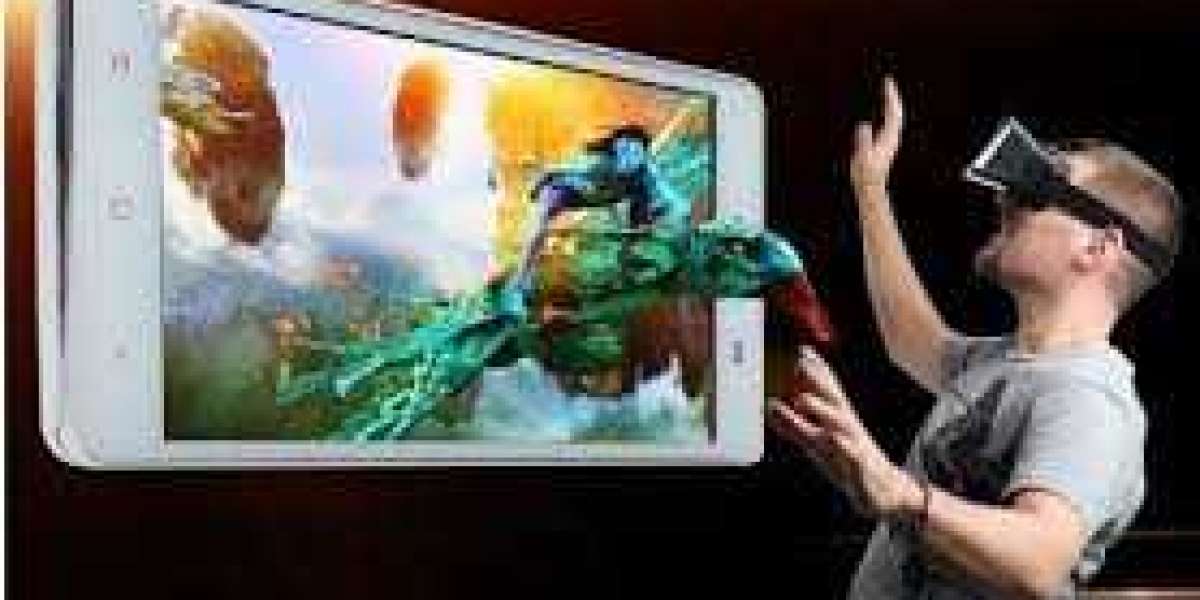Virtual reality has been around for several years, but it has not yet fully taken off in the entertainment industry. However, there is growing potential for the use of virtual reality in entertainment, and its future in the industry is exciting. In this blog, we will explore the future of virtual reality in entertainment.
Immersive Experiences Virtual reality has the potential to create immersive experiences that cannot be replicated through traditional media. The use of VR headsets can transport viewers into entirely different worlds, allowing them to experience things in a way that feels real. This immersive experience could revolutionize the way people consume entertainment, from movies to theme park attractions.
Interactive Content Virtual reality can also create interactive content, which puts the viewer in control of the experience. This type of content can be used in a variety of ways, from video games to interactive movies. For example, viewers could make choices that impact the outcome of the story, making them feel more invested in the experience.
Realistic Performances Virtual reality has the potential to create realistic performances, allowing actors and performers to be transported into different environments without leaving a studio. This technology could make it possible to create live concerts or theatrical performances without the need for a physical stage. This type of content would be more accessible and affordable for viewers who cannot attend events in person.
New Revenue Streams Virtual reality can create new revenue streams for the entertainment industry. For example, virtual reality experiences could be sold as a separate product or offered as an add-on to traditional entertainment experiences. Additionally, virtual reality could create new opportunities for product placement and brand partnerships within virtual worlds.
Enhancing Traditional Media Virtual reality has the potential to enhance traditional forms of media, such as movies and television shows. For example, viewers could experience movies in a 360-degree environment, giving them a more immersive experience. Television shows could also be enhanced with interactive elements that allow viewers to interact with the story in a more engaging way.
Challenges There are several challenges to the adoption of virtual reality in entertainment. The high cost of VR headsets and other equipment is a significant barrier to entry for many people. Additionally, the need for specialized skills in VR development is another hurdle that the industry needs to overcome. Finally, the technology needs to become more accessible and user-friendly for people to adopt it fully.
In conclusion, virtual reality has a bright future in the entertainment industry. The immersive experiences it can create have the potential to revolutionize the way people consume entertainment. The technology could create new revenue streams for the industry and enhance traditional forms of media. However, there are challenges that need to be addressed before virtual reality can become a mainstream entertainment medium. As the technology becomes more accessible and user-friendly, we can expect to see more innovative and exciting uses of virtual reality in entertainment in the future.







